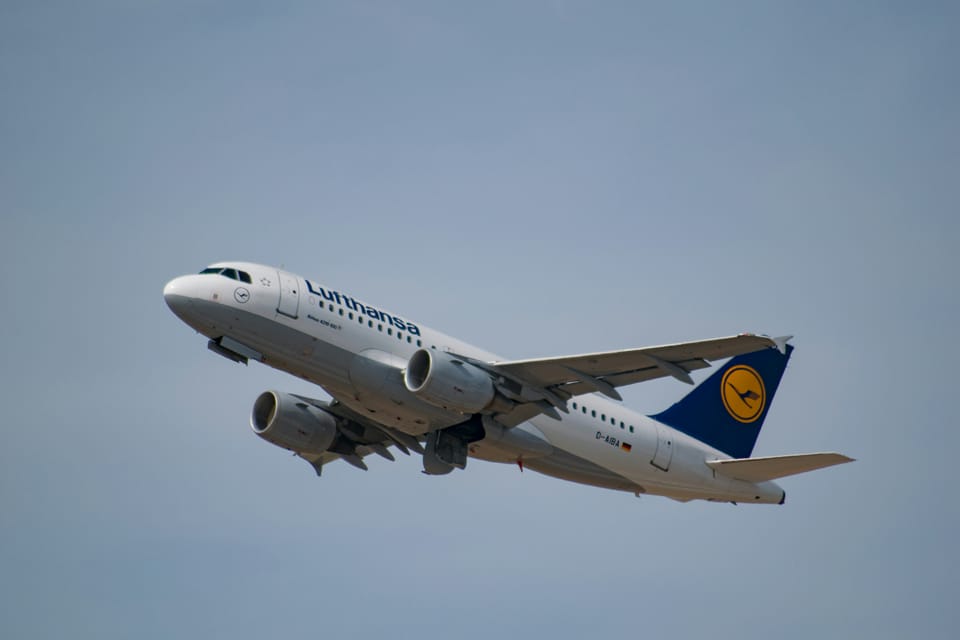Lufthansa Group adds fee to cover EU sustainability regulations

The Lufthansa Group is introducing an environmental surcharge to all flights departing from the EU, the UK, Norway, and Switzerland, saying it would be unable to bear the additional costs generated from recent sustainability regulations.
The surcharge will apply on all flights from 1 January 2025 and will range between 1 to 72 euros depending on the route and fare, the company said in a statement. The company has previously been critical of the EU’s regulatory environment, including climate-related fees.
Lufthansa said the charge would "cover part of the steadily rising additional costs due to regulatory environmental requirements" such as those outlined in “Fit for 55”, the EU’s legislative package to reduce net greenhouse gas emissions by at least 55% by 2030 and achieve complete carbon neutrality by 2050. The mandates require that 2% of all aviation fuel used in the bloc must be low-emission sustainable aviation fuel (SAF) from 2025. The requirement will rise to 6% in 2030 and 70% in 2050.
Currently, SAF prices can range from 1.5 to 6 times higher than the approximately 600 euros per tonne cost of fossil-based jet fuel. Airlines have been warning that regulations requiring them to use more expensive fuel could drive up costs for fliers. Ticket prices have already steadily risen in the years since the Covid-19 coronavirus pandemic, raising fear that further price increases could begin to deter travelers.
But Lufthansa is not the first, and likely won't be the last airline to add SAF fees. Air France-KLM introduced an SAF contribution fee in January 2022, adding up to 12 euros on business fares and up to four euros on economy fares at the time. Singapore’s government also introduced a levy on flight tickets earlier this year to help fund the cost of SAF.
In the statement, the Lufthansa Group drew attention to its ambitious sustainability goals, including aiming to be climate-neutral by 2050. The company also plans to halve its net carbon emissions compared to its 2019 baseline by 2030. Lufthansa said it was investing in modernizing its fleet, optimizing its flight operations, using more SAF, and offering its private and business travelers options to make itineraries more sustainable.







Member discussion